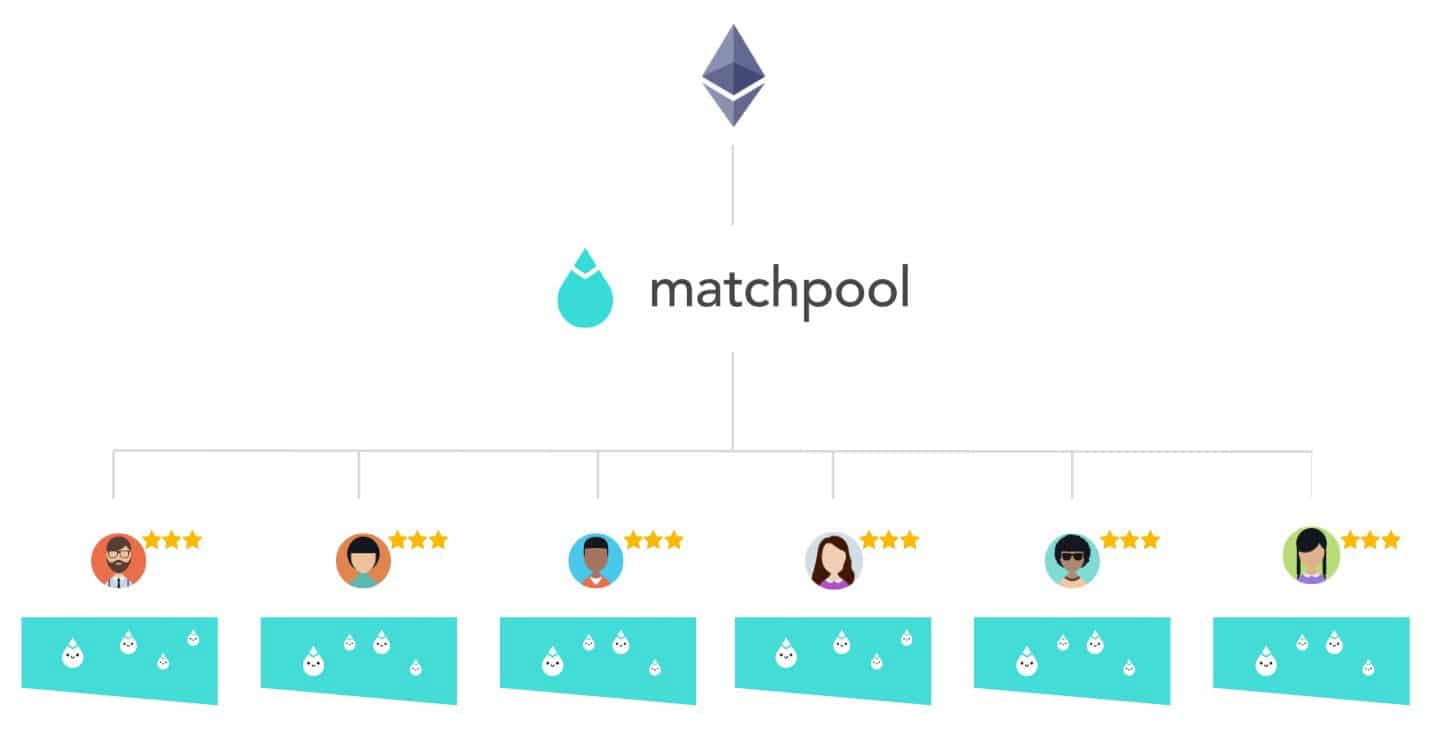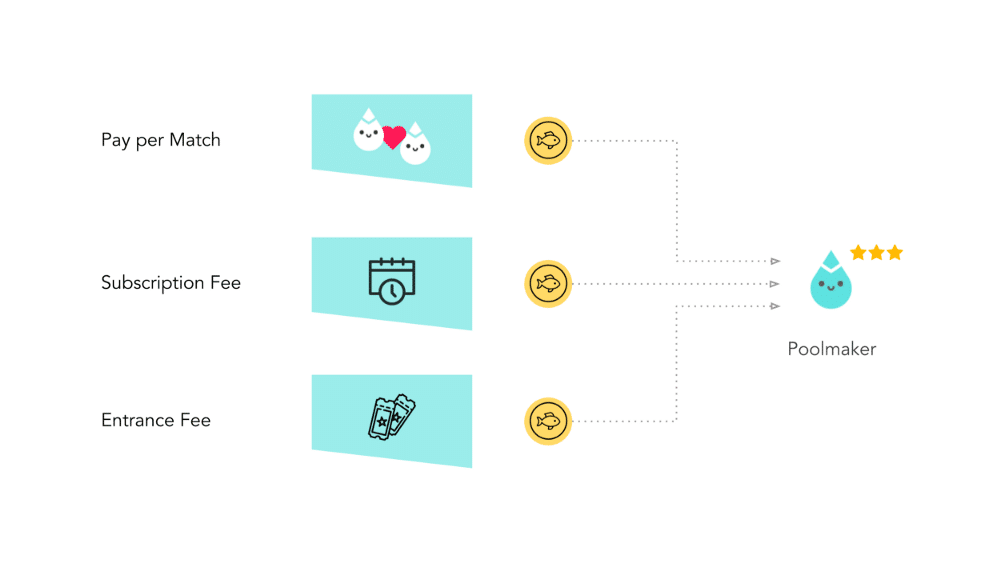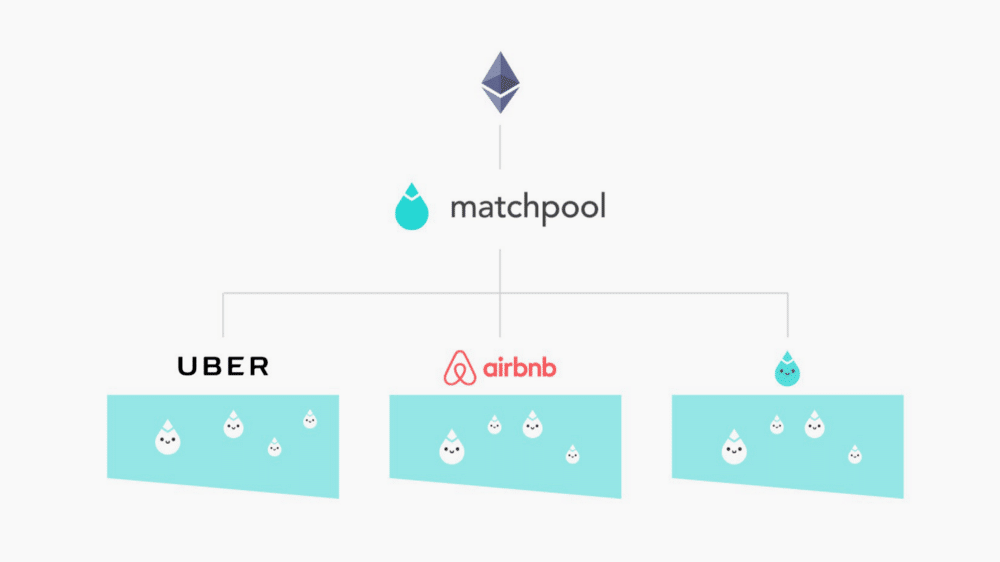The millennial generation is a peculiar generation to many, especially when studied in light of previous generations. A recently published Wall Street Journal article noted how companies are tailoring retail strategies to appeal to millennials. Some are offering basic instructional materials to teach millennials – wait for it – how to use tape measures.
[pullquote]Millennials as a whole may not be handy or know how to use basic tools, but they certainly know how to use technology.[/pullquote] It has permeated their lives to the extent that dating and matching is now done mostly through websites and phone apps like Tinder and Bumble. These apps give millennials dating flexibility and the ability to get to know someone before formally asking them to meet up.
Traditional apps, however, have their downsides. Many have hidden fee structures that add surcharges to customer accounts for trying to access “premium”, i.e. worthwhile, features. If users want the full experience, they must pay an ongoing subscription fee that often isn’t worth the price of the product.
Additionally, these apps offer relatively little protection for users. There are hundreds, if not thousands, of Tinder horror stories where people have been catfished, stalked, and even assaulted. To be sure, dating apps can only do so much to protect their customers, but traditional measures have their limits.
Matchpool, a blockchain based matching company, offers a popular alternative to traditional matching apps. The platform has a similar basic premise – meet new connections based on mutual goals and interests – while providing a transparent, cost-effective medium. Matchpool offers two significant advantages over traditional dating apps. First is its decentralized organizational structure, and second is its transparent pricing system.
Matchpool’s Decentralized Platform Gives Users The Accuracy They Want
In traditional dating and matching apps, users set up a profile describing their basic features, desires, and goals. Once updated, the internal centralized systems will provide an ongoing list of potential matches, based upon algorithmic calculations that utilize data from the central database of profiles. The algorithms base their selections on location, allowing users in the same area to connect.
The downside to this is that there is little user choice, other than “swiping” right to match with a potential partner. Users are at the mercy of the centralized platform which, though it can adapt to user preferences, cannot provide the expertise users crave.
Matchpool’s solution is to use group dynamics to help users meet. In Matchpool’s proprietary system, users can band together to create pools. These pools are tailored to specific needs and are created based upon a shared location. The ability to matchmake is transferred from a centralized algorithm to platform participants.
Once a pool is formed, matchmakers are established. Matchmakers have the task of pairing users up – as fellow humans, they share a relational component that an algorithm can’t provide. Matchmakers are rewarded with Matchpool tokens for their work, which can be used to start new pools or join other pools.
[pullquote]The structure mandates that pools have transparent reviews and reputations. Thus the suitability of a given pool is based upon an auditable history of its matches.[/pullquote] A pool that advertises itself as a “Tennis Player Club” but in reality contains basketball players will quickly see negative reviews and a poor reputation.
One extremely useful tool is Matchpool’s locking mechanism. The blockchain platform ensures that for every “x” there is a matching “y”. The result is that the binary ratio is kept intact. There will never be a 3 for 1 pairing or a 5 for 3 pairing. Pools without a balanced ratio will “lock”, meaning that users can only join when their addition will maintain a pool’s equilibrium. For example, in a heterosexual pairing pool, there will be one guy for every girl.
The locking feature can also be used to set parameters, in addition to other criteria like occupation, age, or hobbies. These parameters allow pool hosts to create settings like “male to female dating” or “female to female business ventures”. The beauty of the platform is its flexibility–it can be used for any type of matching, whether for business or for pleasure, as the saying goes.
Matchpool’s Decentralized Platform Promotes Clear & Auditable Fee Structures
Many traditional matching platforms advertise themselves as apps that provide free services, but then almost all of the truly useful features can only be accessed by paying a fee. Or they offer a trial period of the premium version, only after noting in the fine print that the credit card on file will be charged after the first month of service.
In contrast, Matchpool’s blockchain platform allows for complete pricing transparency. As a blockchain, all transactions are auditable by all parties involved. Because of this, users can view accurate pricing for all pools on the platform and decide which platform best suits their needs for the price.
For pool hosts, Matchpool’s pricing allows customizability in terms of payment structure and price. Hosts can set whether the pool has a one time entry fee, an ongoing subscription fee, or a periodic payment plan. They have the option to determine how much they want and how often they want it. Hosts that run successful pools will boost their reputation, allowing them to expand their business.
The growth in matching and dating apps has largely coincided with the coming of age of millennials. As is the case in so many industries, blockchain based companies like Matchpool are creating products that service the needs not only of millennials but all generations. The decentralized platform is ideal for those who want to meet their perfect match, whether for love, business, or pleasure.
For more cryptocurrency-related stories and information from us here at Bit Rebels, click here.





COMMENTS